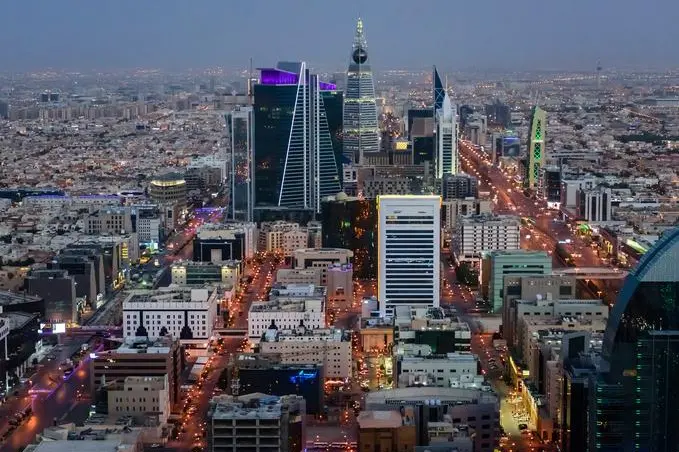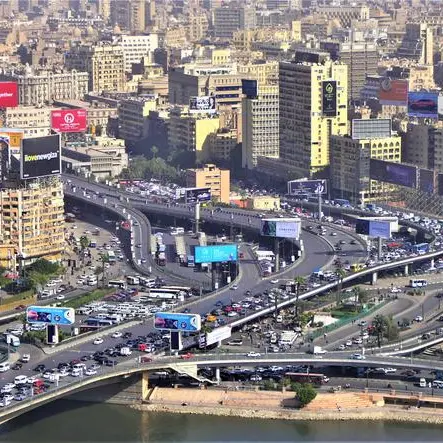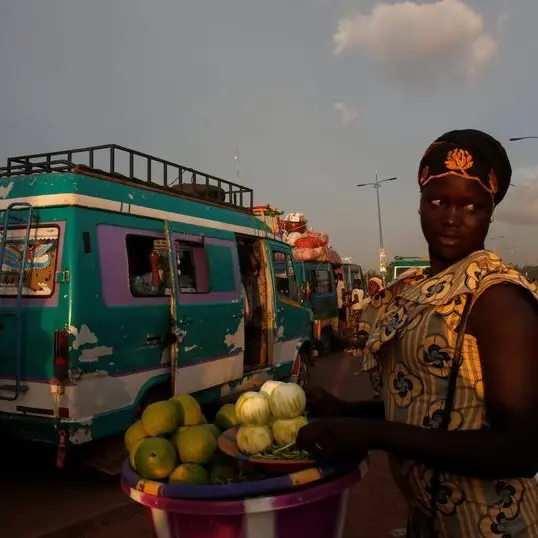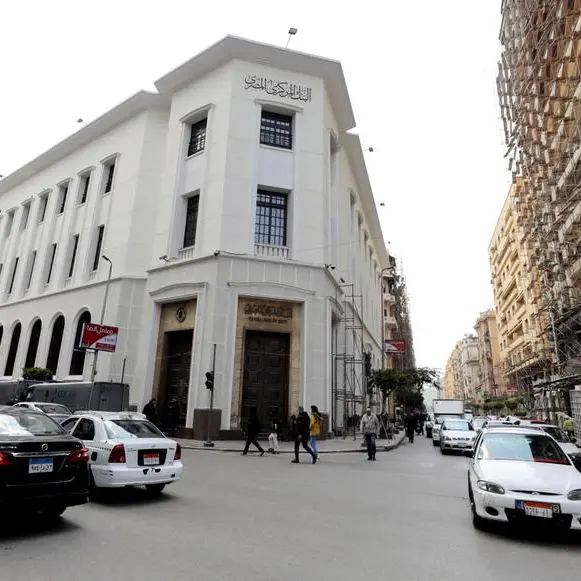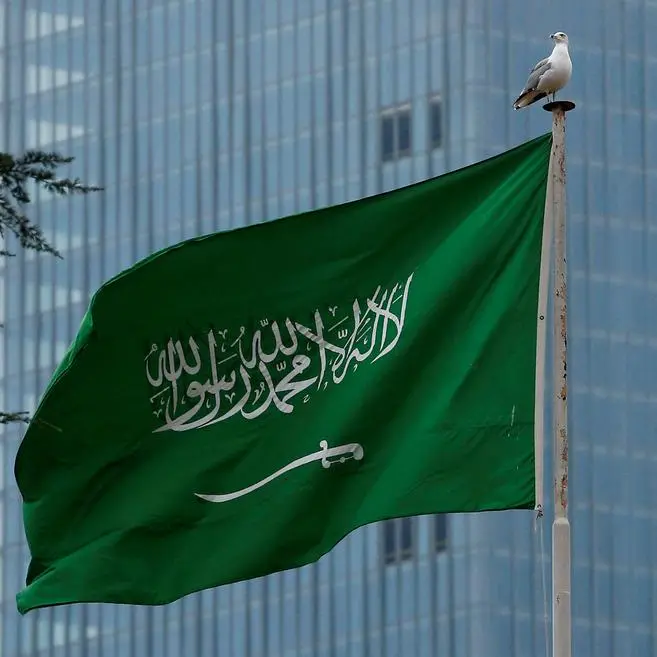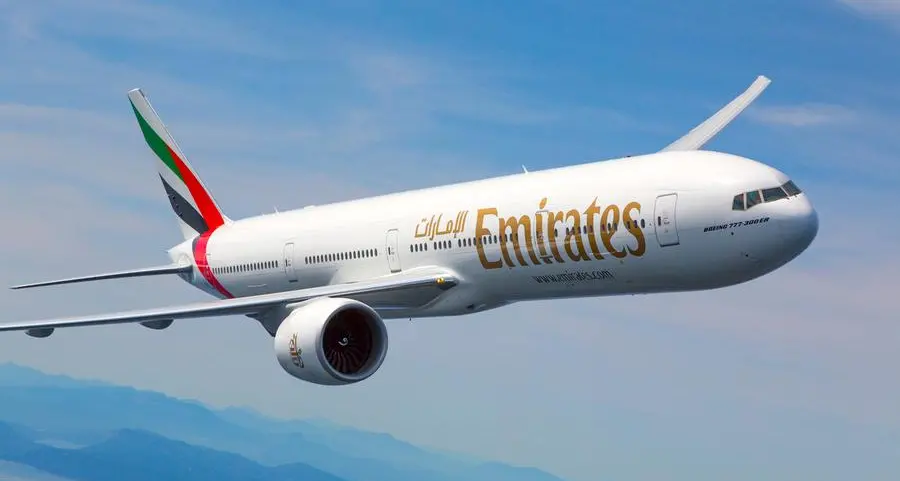PHOTO
Surprisingly, the public has reacted favorably. On several occasions, business owners and founders were stunned to find their designs flourishing because people were invested in something that positively represented their identity.
Faisal Al-Hassan, a co-founder of Own Design, said that the most memorable encounter for the fashion brand was during last year’s brand pop-up in the MDL Beast Festival in Riyadh. “People were coming in to grab one of our pieces and they’d immediately leave. That really made us proud and happy seeing people from across the country are familiar with our brand,” he told Arab News.
Own Design started in 2009 when three young men from Alkhobar came together to make money out of their hobby. “We started Own Design as a small project with minimum funds. We were three kids with big dreams. None of us had any background in designing, I have a degree in public administration, but it doesn’t stop me from doing what I love.”
Seven years on, the founders finally moved from makeshift offices in their homes to a concept store in the city.
“Every quarter, we launch a line with a specific theme. Our latest, the Sadu, has been exceptionally popular,” he added.
It was approximately three years ago that Sadu fabric became trendy, and Own Design wanted to take that design and introduce it into pullovers and then hoodies.
According to the brand’s Instagram, Sadu is “an ancient tribal weaving craft that artistically portrays Arabian nomadic people’s rich cultural heritage and instinctive expression of natural beauty.”
Sadu fabric is known by its vibrant red, green, white and black colors and seemingly geometric weaving.
Own Design’s clothes are designed to represent culture, with lines such as ODxKings featuring popular photographs of Saudi kings on auspicious occasions or popular quotes by them throughout history to merge “national themes with modern apparel.”
The clothing brand has also featured designs coinciding with the Kingdom’s G20 presidency, titled O20 and G20.
“Our designing process is very collaborative; we sit and discuss ideas and each member adds to what’s been said or alters the design in a way the others didn’t think of,” said Al-Hassan.
The brand is known for various limited edition apparel. Their Sadu line manufactures 400 pieces in each color due to the long production process; once it sells out, customers usually have to wait a year when the next Sadu line is launched.
“We’re approaching volume three of the Sadu design, while also collaborating with a special brand on a limited edition product,” he said.
“We have bountiful ideas that we want to showcase to the world, not just Saudi (Arabia) — we want to reach out to other Arabs,” said the co-founder. “(We want) to see foreigners wearing products that have a story.”
Another local business, Rawan Stationery, was started in early 2018 by Rawan Khogeer, a graphic design graduate. “People welcomed us because there was something different about our stationery. They found products and designs in their mother tongue, which wasn’t available before,” she told Arab News.
The market catered mostly to English content in stationeries. The limited Arabic content that was available was also not as pretty in comparison, said the founder.
From a young age, Khogeer’s pastime activity was to visit stationers. She delighted at the start of every term, merely because she got to shop.
She was always fascinated by gift-wrapping paper and the patterns on them. Whenever she visited a gift-wrapping shop, she pledged to open her own shop in the future.
While completing a training program at a company, Khogeer received the news that her mother had suffered an accident. Unable to find a suitable get-well card, she designed one herself.
“I decided to make her a card specifically for her, something that suited her taste, but I chose silver and gold colors, and printers would only print big batches; I was faced with the choice to either change the colors or go ahead with a large print run,” she said.
Khogeer chose the latter, and when her mother saw the card she was elated and told her daughter to start selling them.
Khogeer then went around small gift stores and stationers with her design, while running an Instagram account to publicize her brand. She was also looking into collaboration with stationers in Kuwait and, when they encouraged her, she expanded into the Gulf region.
“Demand was growing and the designs were increasing, and I felt like I’d found myself through this craft. At the same time, other work opportunities, although great, didn’t feel as fulfilling, so I approached Entrepreneurial Institute for support, and I never regretted that decision,” Khogeer said.
It was an adventure visiting governmental entities, carpenters and painters to get Rawan Stationery looking how it does today and fulfilling Khogeer’s dream of establishing a stationery/gift-wrapping store.
“I always wondered why stationers abroad were so meticulous and had such lovely local content, in their own language. I wanted to give that to people here and I wanted to elevate the Arabic language,” she said.
What makes Rawan Stationery different is its originality. It offers mainly Arabic stationery items, agendas, cards for every occasion and Rawan Stationery-designed wrapping paper, and has found a ready market.
As for upcoming projects, Rawan’s Stationery has plans to expand to a second branch soon.
Copyright: Arab News © 2020 All rights reserved. Provided by SyndiGate Media Inc. (Syndigate.info).
